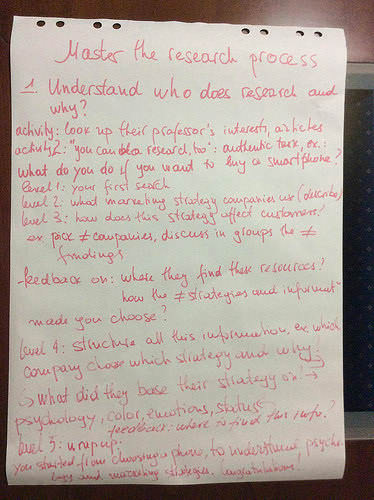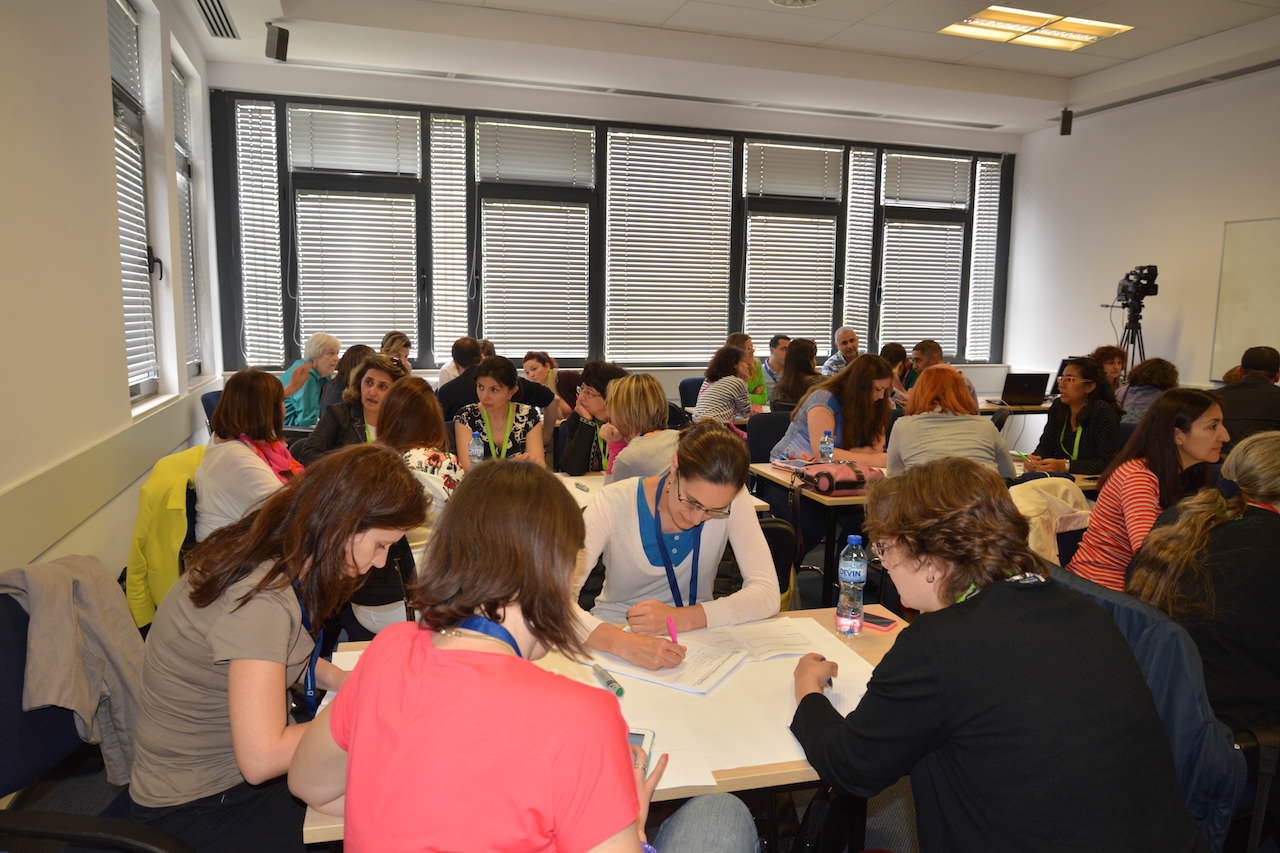
I am back in Oregon now and my email inbox is under control after a week in Bulgaria at the AMICAL conference. When Dimitris asked if I would write a little piece for this blog about the experience I couldn’t pass up the opportunity to say thank you to AMICAL, its members and the conference organizers for the invitation and especially to our hosts at AUBG for the wonderful, wonderful hospitality. I don’t think I have ever been so well taken care of at a conference!
I taught a pre-conference workshop called It takes a campus: Creating research assignments that spark curiosity and collaboration. This is one of my favorite topics and I spend a lot of time talking about assignment design with librarians and faculty. This workshop had a dual purpose. We talked about the needs and challenges students face, which helps us help them. And we also talked about how we can advocate for our students’ needs on campus. All of the activities we did work equally well with students and in faculty/staff/librarian workshops.
Here are the slides and handout.
The workshop was broken into two parts. In the first half we thought about four factors that significant affect the success of research assignments, particularly with undergraduate students. I argued that good research assignments:
- ask students to work on real-world tasks
- introduce students to academic culture
- provide support when they push students out of their comfort zones
- build in plenty of opportunities for meaningful feedback
Then I asked participants to jump in and think about all four of these factors as they applied to their own teaching goals. Even though this meant trying to do several weeks’ worth of work in a few hours - they did amazing work! You can see the results here.

(Apologies for my terrible photography)
In the second half of the workshop we played with the concepts of curiosity and collaboration. We examined a bunch of random objects and reflected on how curiosity is sparked by many things. We took a variety of research topics and tried to find practical and conceptual connections between them. All of these exercises are designed to help us help students ask better and deeper questions — a skill that is at the core of the academic research process.
Whenever I teach a workshop I learn more from everyone else than they learn from me, and I don’t think this was any exception. I got so many new ideas about how these concepts can be used in teaching from the participants in Bulgaria. I arrived home late Monday night and Tuesday afternoon went into my library to teach a workshop for our First-Year Experience faculty, where we did some of the same work. It was wonderful to share what I learned together with the AMICAL attendees with this new group.
I couldn’t be more grateful that I got the opportunity to attend this conference with this wonderful group of people. Hopefully, I’ll have the chance to continue working with this great community in the future.
Image credit: Dimana Doneva / See more

